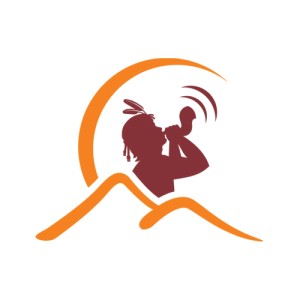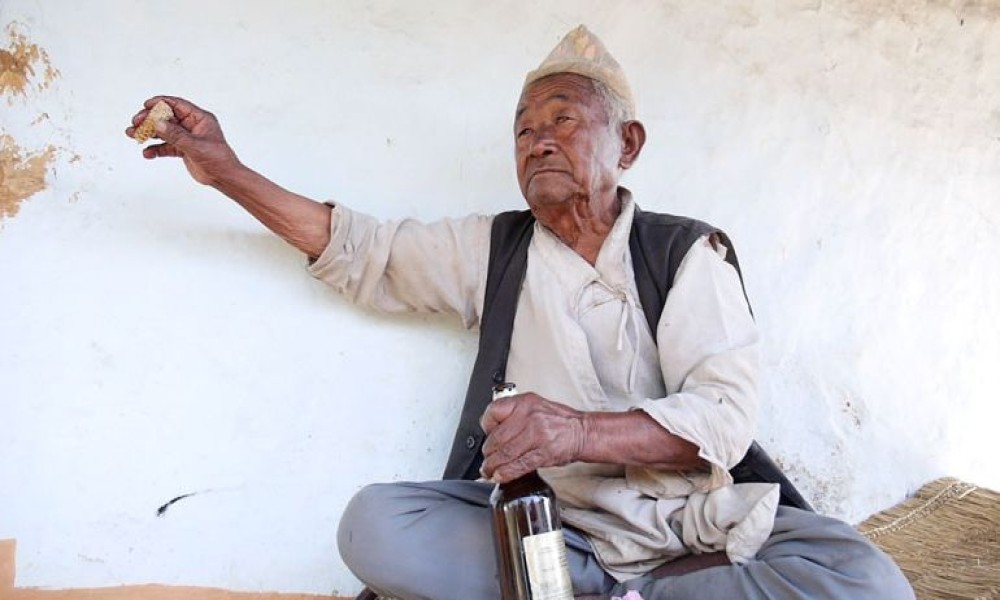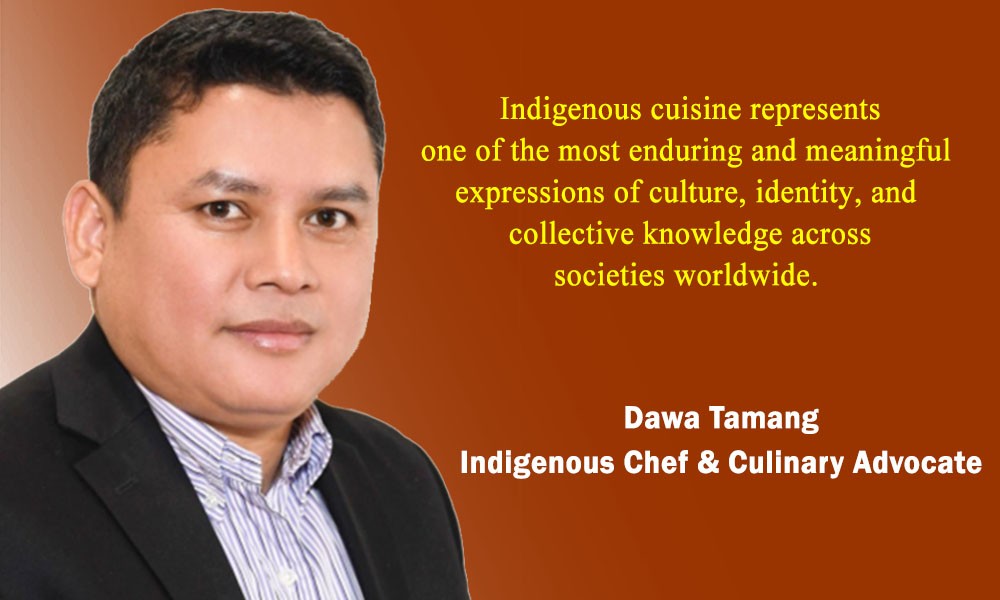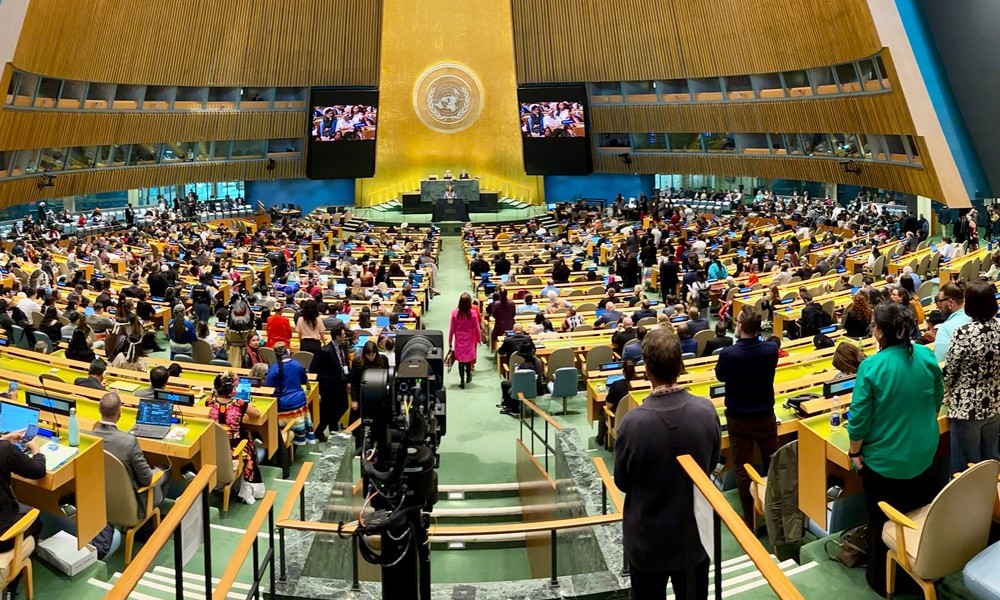Jiban Ale Magar
Kul Bahadur Bhujel of Panauti is the only person in his family to speak Bhujel language. The 83-year-old fathered five sons and three daughters, but none of them learnt to speak the mother tongue.
"I regret not being able to talk to my children in my language," says the octogenarian. "At times, I feel I am the only person in this world who speaks Bhujel language."
Krishna Bahadur Magar, Bhujel's neighbour, is also worried that his mother tongue is dying. None of his children learnt Magar language. They studied in Nepali language in school, and continue to emphasise on bettering their command on English language.
Language is one of the greatest aspects of the humankind. Not only is it the means of communication, but also identity of a distinct ethnicity.
"The only thing that identifies my children as Magars is their citizenship cards – their surname is Magar in citizenship card," he says. "They cannot speak their language to be identified as Magars."
Language is one of the greatest aspects of the humankind. Not only is it the means of communication, but also identity of a distinct ethnicity. "The indigenous knowledge and skills that are passed through one language is difficult to be transmitted through other languages," says Amar Tumyang, a linguistic rights activist. "We need to understand why we must preserve our dying languages."
Nepal is a multi-lingual country where 125 ethnic groups speak more than 123 languages. Although Nepali is the official language, 44.6 per cent of the total population has their own mother tongues, according to the 2011 census report. But the state has done very little to promote and preserve all these languages.
Nepal is a multi-lingual country where 125 ethnic groups speak more than 123 languages. Although Nepali is the official language, 44.6 per cent of the total population has their own mother tongues, according to the 2011 census report.
Linguistic researcher Toyanath Bhattarai blames Nepal's one-language policy for extinction of various languages. "The policy that preserved and promoted only Nepali language throughout the Panchayat era endangered other languages," he says. "The damage caused by that policy is very serious."
It was only when democracy was restored and the new constitution was adopted in 1990 that Nepal recognised ethnic mother tongues. The Interim Constitution in 2007 was more progressive in terms of linguistic rights. The new Constitution recognises multi-lingual policy as one of the state's guiding principles, and allows federal provinces to choose local languages as official languages.
The new Constitution has also envisaged a commission to implement Nepal's multi-lingual policy, which is a welcome step but needs to be made accountable to mother tongue-speaking ethnic communities. Researcher Pabitra Magar says education in mother tongue is the best way to implement the multi-lingual policy. "It also helps bring down the drop-out rate, especially in ethnic communities," she says."So the government needs to invest in mother tongue education."










